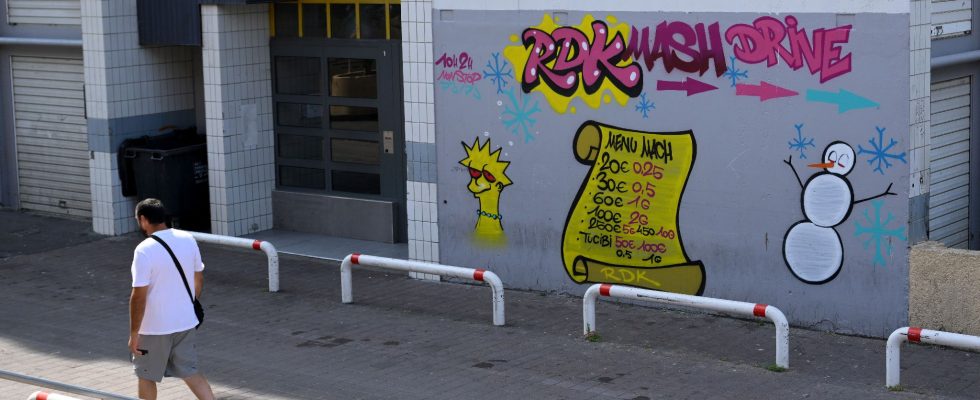The riots that shook France from late June to early July should have put an end to the denial that has covered the real state of French society for decades. Badly controlled immigration, defeat of so-called priority education, failure of economic and social integration, resignation of parental authority: we have heard all the diagnoses, all the explanations. The president himself has included in his back-to-school program a “major project” concerning parental authority, and even authority in general.
All of these explanations for the malaise of part of the French population – a malaise that is spreading throughout society – are probably partially correct, but they have one thing in common: they smack of deja vu. Everything is already in Hatred by Mathieu Kassovitz, released in theaters almost… thirty years ago (1995)! It feeds the rest of strong political divisions between the supporters of social voluntarism and the supporters of all-security. There is, let’s face it, something exhausting in seeing the same refrains come back, ranging from “we have to make the army give” to “it’s the fault of systemic racism”.
Thus, from the first days, we saw commentators stigmatizing “police violence” and those indicating that the return to calm could only be done on a solemn appeal from the imams (“follow my gaze”). Reality belies prefabricated analyses. What, according to many observers, brought home the thugs and looters was rather the otherwise powerful authority of the heads of the drug trafficking networks. However, despite this evidence, the question of social structuring through drug trafficking was politically the least mentioned. It seemed much more profitable to rely on ethnic sociology (controversy over the “Enzo”) or religion, than on the harsh reality of the parallel economy now deeply inserted into the social fabric. These riots were the brief but brilliant demonstration that trafficking in France no longer created lawless zones, but alternative zones obeying their own rules and different authorities. Cam ZADs.
desire for power
The complexity here is not to fall into caricature, but refusing simplifications does not imply returning to traditional denial. Thus, the amazement of commentators and our fellow citizens at the violence suffered by medium-sized towns (Niort, Annonay, etc.) could have been an opportunity to reflect on the progress of this alternative social structure, which is no longer just the makes “red light districts” but of peri-urban areas until recently considered peaceful.
The disaffected France which showed itself during its days is a France which has withdrawn from this famous “republican order” but which has recreated its own order around different issues. It is a France in disregard of national subjects, but anchored in well-oiled networks of power and money, with coherent aspirations (luxury brands, lifestyle symbols) and even a culture of its own, which has no not much to do with the sermons of the mosques, but everything to do with a kind of desire for power (big cars, banknotes, easy girls) that a certain rap aesthetic has crystallized.
From this, our policies should make a reason for sacred union. Because the triumph of easy money degrades any meritocracy, respect for alternative authorities destroys all other tutelary figures (public or private), illegality defeats the feeling of social belonging, the violence that underlies it necessarily cancels basic civility. It is spectacular that no political leader considered that this was a fundamental, essential fight, at a time when drug trafficking, included since 2018 by INSEE in the calculation of French GDP, represents 0.1 point of growth, where foreclosures are historically high, and profits are at their peak.
Beyond even the political leaders, the bourgeois of the city center, who find it very cool every day to smoke his joint (or snort his rail) or that his children buy them at the exit of the large elite high schools, could have this opportunity to realize that he is, of this Third World given over to violence, of these lowlands from which he otherwise keeps himself carefully removed, the direct principal – but in festive mode and to relax, of course .
